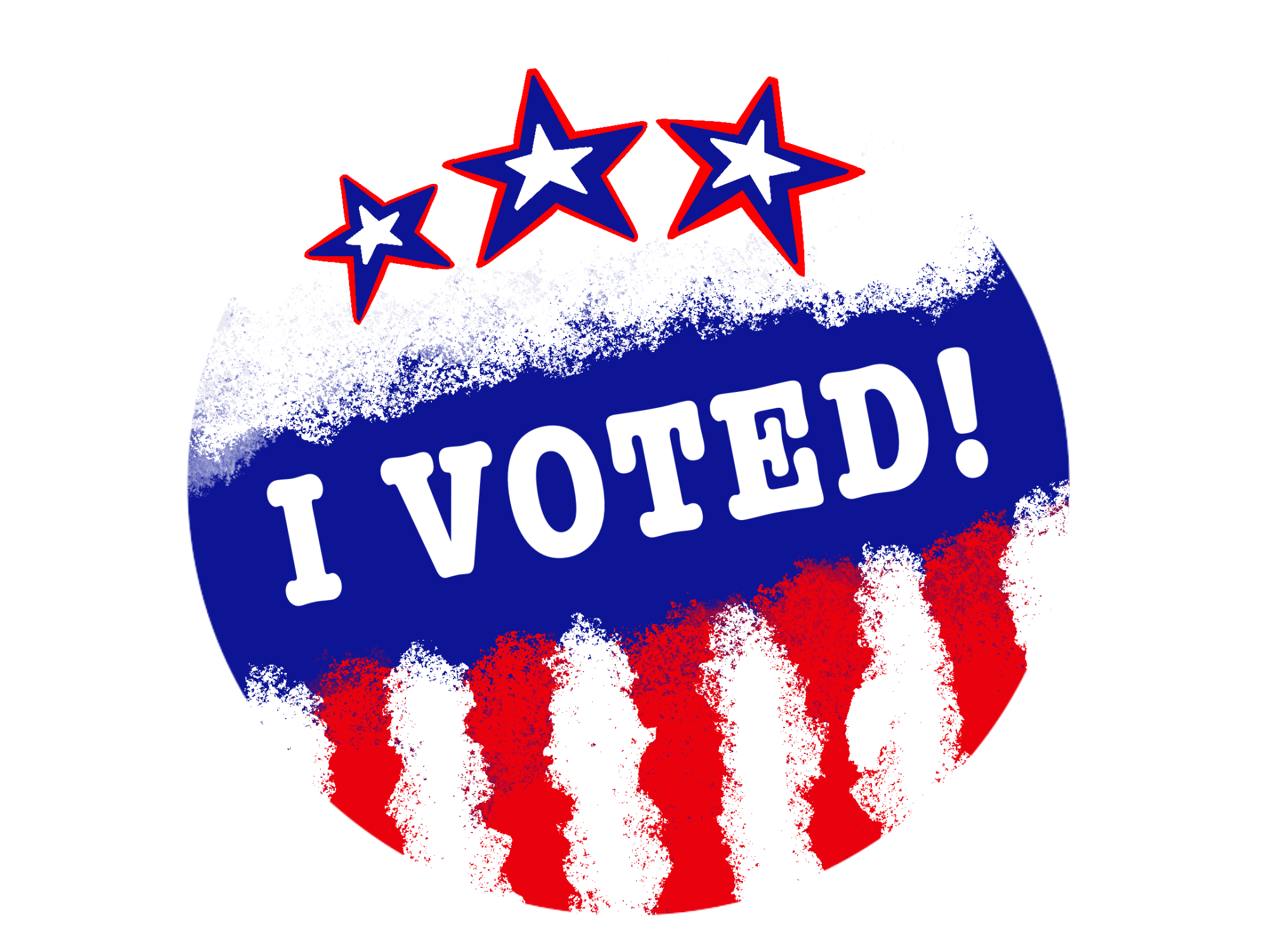There is a time and place for politics. It can be generally agreed that conversations regarding politics shouldn’t take up every waking moment of our lives—our society doesn’t deem politics as lighthearted dinner conversations. There is value in knowing when and when not to bring up pressing political issues. For instance, some people keep their opinions to themselves at family reunions or while meeting their partner’s parents for the first time. However, when appropriate, it’s important to be well-informed and have a stance on the subject matters that constitute our society as we know it.
It has become—in my opinion—all too common for high schoolers at Tam to remain politically indifferent, or disinterested. Particularly in this day and age, this lack of concern is infuriating and a demonstration of outright ignorance created by underlying privilege.
“I don’t care about politics because it’s such a hostile subject that I like to stay away from. No matter what you say, half the people will judge and look at you differently,” Tamalpais High School senior Shade Murray said.
There is no debate that Marin County is a predominantly white and wealthy community. According to U.S. News, Marin County is ranked the sixth wealthiest county in the country, and Tam’s population is 70 percent white. These factors may very well contribute to why I hear the phrase, “I don’t care about politics” in this area. People who don’t have to care about politics are less likely to care about politics.
“I hear people say they don’t care about politics all the time. Or you’ll often hear ‘I’m not political.’ Especially when things get heated,” junior Oscar Tibbs said.
Many political conversations seem to get “heated.” There’s no question that the U.S. has faced serious division in the last two presidential terms. According to an NBC News article titled “Here’s what’s driving America’s increasing political polarization,” views of American presidents have become increasingly polarized by party identification, especially during the Trump presidency. In 1948, about two-thirds of Democrats (68 percent) and even half of Republicans (50 percent) approved of Harry Truman’s job performance. The gap between Richard Nixon’s party’s approval of him and the opposition parties grew to 47 percentage points. For Donald Trump, it was 79 points. This significant growth demonstrates the partisan divide in the U.S. has been progressively widening, likely creating stigmas and higher levels of disagreement; and thus, more room for people to silence their own views for fear of disapproval.
While the political state and divide in the U.S. is disheartening, it is not an excuse to not care, pretend not to care, or stay silent at all times in fear of ostracization from peers. Why? Consider this: saying “I don’t care” means complete disregard for the future of climate change, systemic racism, reproductive rights, LGBTQ+ self-expression, or even taxes.
“Students tend to underestimate the impact that their voices have when it comes to politics and activism, and it’s very important that students understand the power they hold,” environmental activist, lobbyist, and student mentor Al Grumet said. “I think that it’s easy for people to turn a blind eye on the things that don’t appear to affect them. And that’s not to say that these are bad people, it’s to say that people need to be better informed.”
Given all of these factors, it is clear that a large part of our community has the privilege to not care about politics. I encourage those reading this to take a step back and consider the depth to the statement “I’m not political” or “I don’t care” and hopefully reevaluate your perspective.




